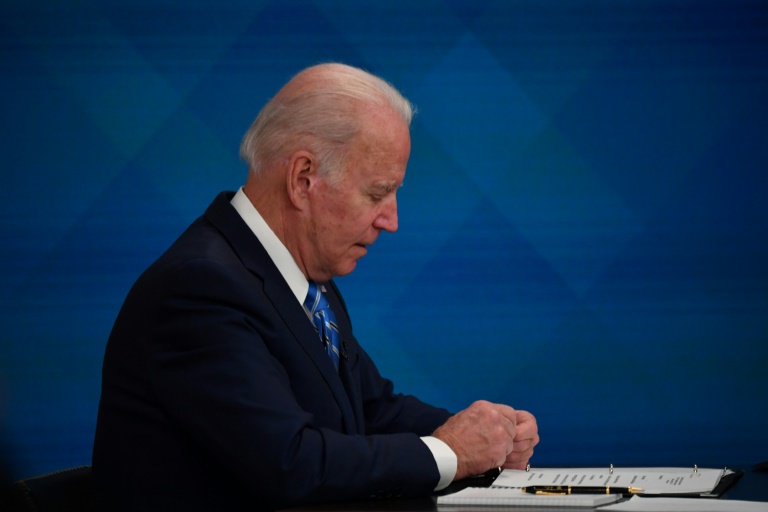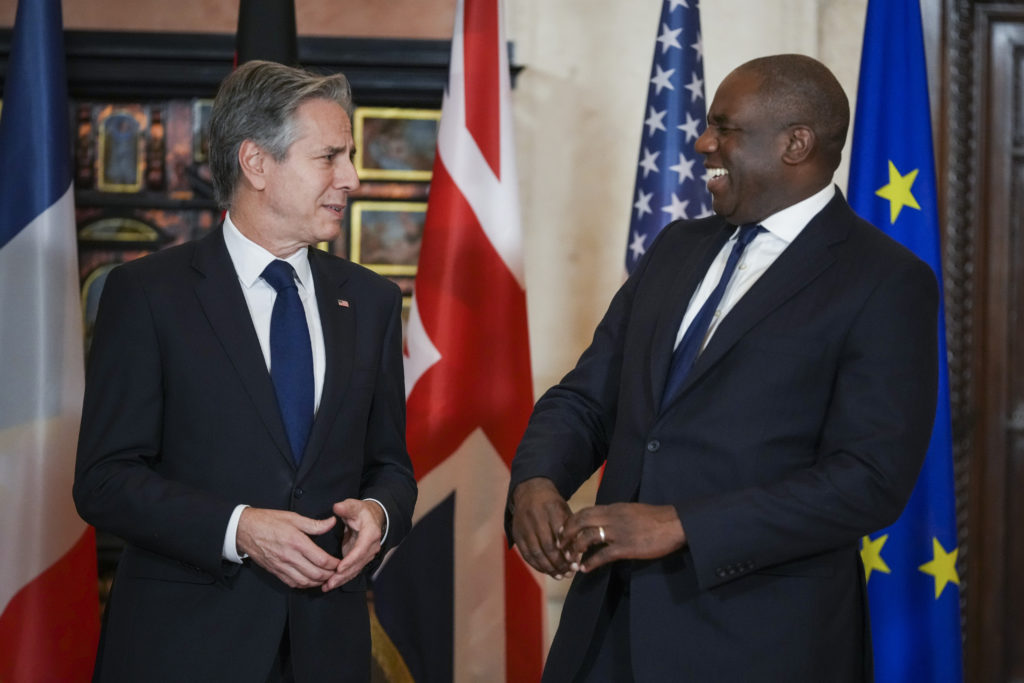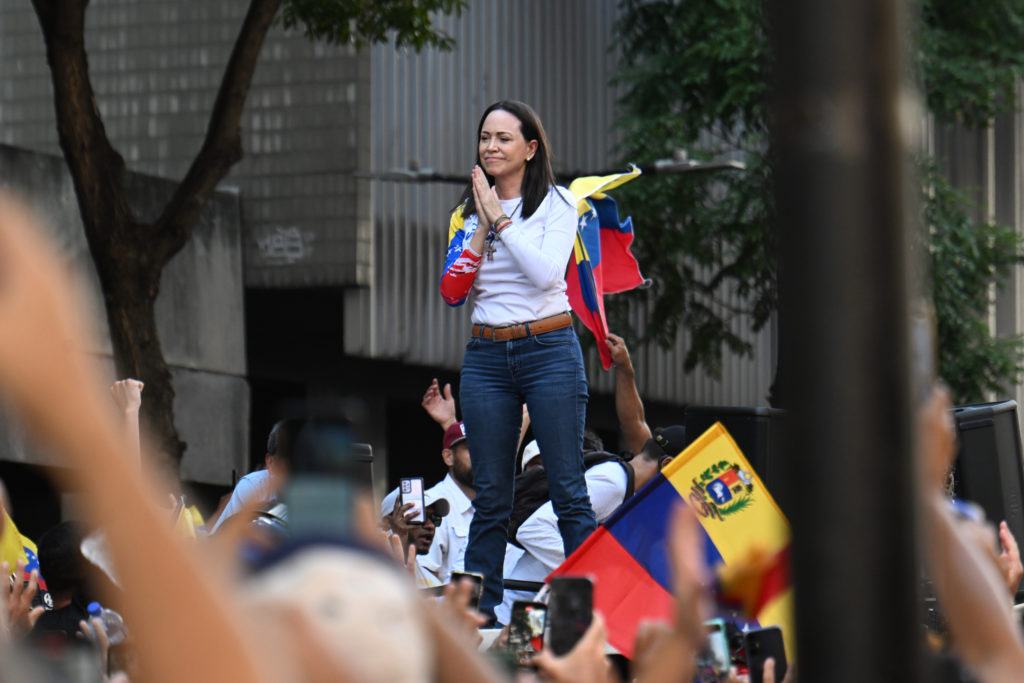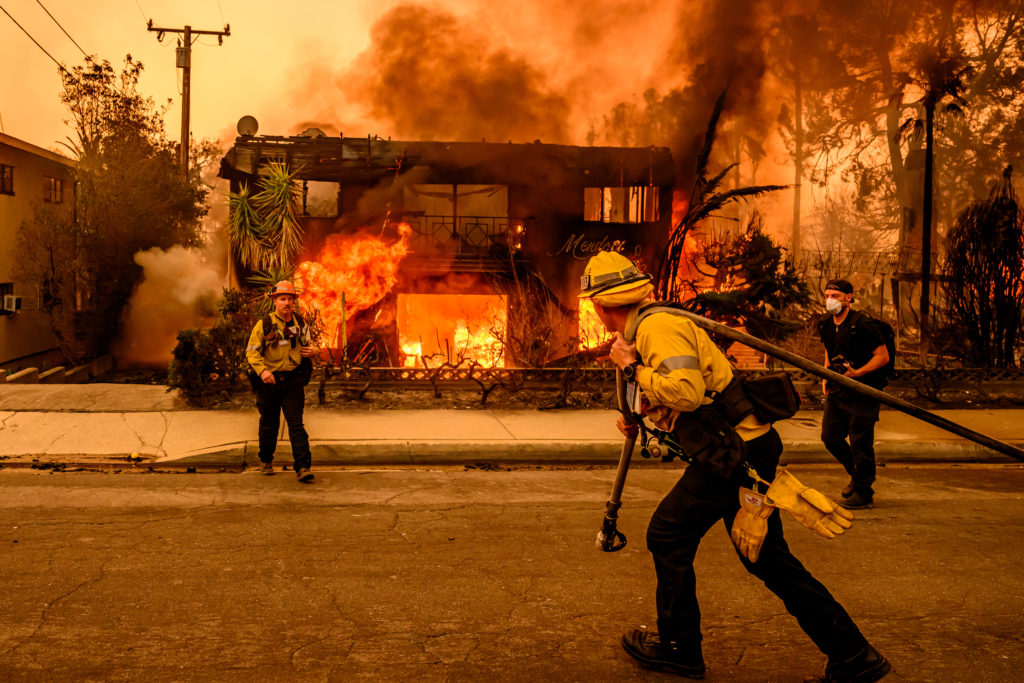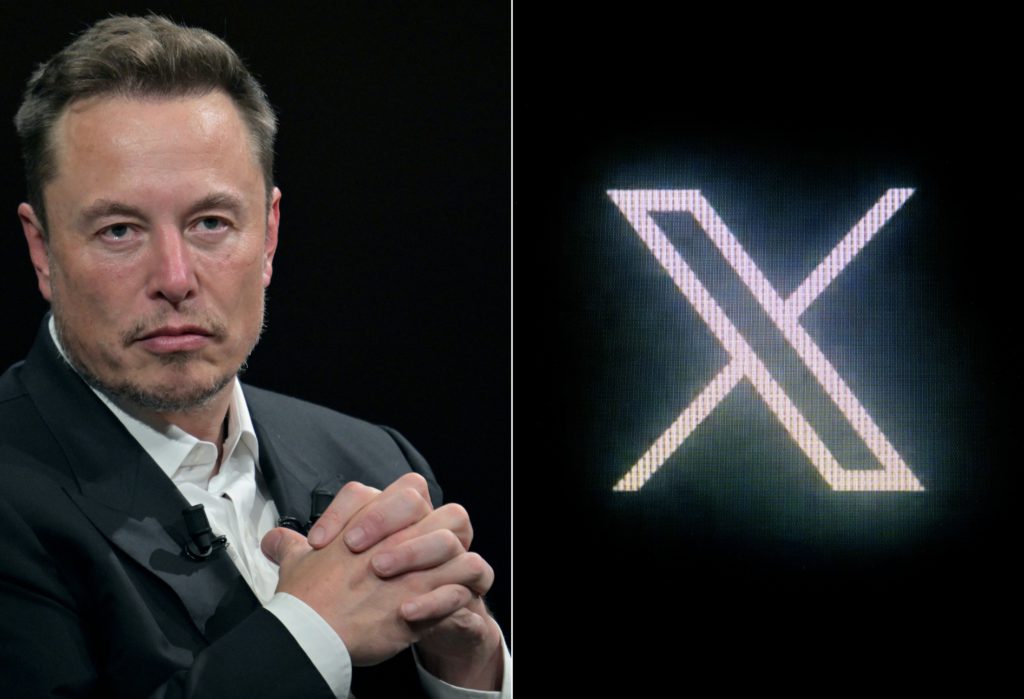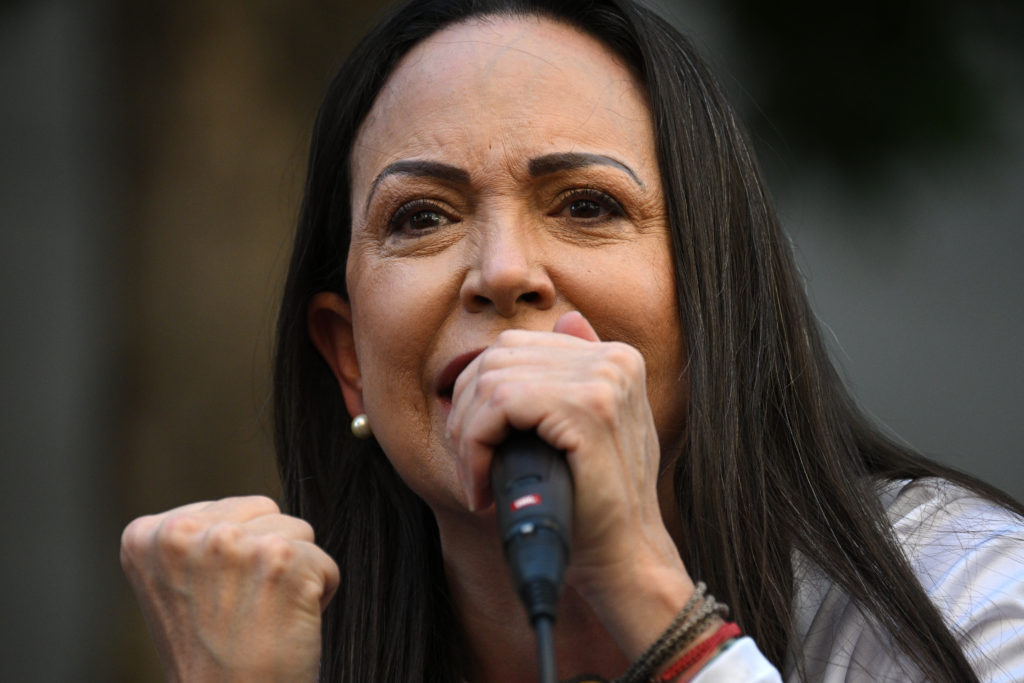Joe Biden promised to “follow the science” when he took over from Donald Trump, but a year later record infections, testing shortfalls and stubborn vaccine resistance have turned one of his presidency’s political strongpoints into a growing liability.
Data on Wednesday showing the highest number yet of new Covid infections — 265,427 cases on a moving seven-day average — underlined Biden’s impotence against the mutating virus.
The good news buried behind the scary numbers is that the Omicron variant driving the new surge may be much less deadly than previous versions. So while Americans — and people in many other countries — are getting infected in droves, the consequences are so far considerably milder.
Pointing out a 126 percent increase in US cases, compared to an only 11 percent rise in hospitalizations, top government infectious diseases expert Anthony Fauci called the data “encouraging.”
“We should not become complacent,” he said Wednesday, but “all indications point to a lesser severity of Omicron.”
Continued uncertainty and the sheer speed of the viral spread, however, has already been enough to sow chaos, damaging Biden politically.
With fears that hospitals will be overwhelmed, airlines canceling hundreds of flights at one of the busiest times of the year, and big sports games threatened with disruption, the Democrat faces a winter of discontent.
It’s all a far cry from the hope he inspired on taking office 11 months ago, vowing to reverse Trump’s erratic leadership and get the pandemic under control.
With the virus in steady retreat during his first months, Biden had even dared declare July 4th a day of independence from Covid-19.
Now, in the aftermath of the summer’s arrival of the Delta variant and this winter’s Omicron, Biden is under fire from all sides, with abysmal approval ratings in the low 40 percent range and disapproval at close to 52 percent.
– What will Americans ‘tolerate’? –
The New York Post, a loud voice in the chorus of White House critics, says Biden may not be to blame for Covid-19, but his response is inept.
“Bottom line: Team Biden’s hype, incompetence, hypocrisy and downright lies aren’t instilling confidence,” its editorial said.
Trump, who repeatedly attempted to downplay the pandemic during his last year in office, alleged that Biden had run for office on false promises.
“Do you remember when the Democrats campaign was based on the fact that they would quickly and easily get rid of the China Virus? Their whole campaign was a lie,” he said in a statement.
Latest criticism against Biden focuses on an alarming lack of rapid test kits, with pharmacies out of stock and government-run testing centers besieged by long lines of worried people.
The administration says it is about to send out 500 million home test kits and signed a $137 million contract Wednesday to source critical materials in the production of over-the-counter tests.
However, Biden himself acknowledged that efforts are “clearly not enough.”
Howard Forman, a professor at the Yale School of Public Health, said frequent testing for high-risk categories is “critical” because therapeutic drugs can ward off the worst of the disease if caught in time.
In “any of those high risk groups, I would be testing as early as possible.”
But the best defense is vaccines, with the rate of Covid-related deaths rising 14 times for the unvaccinated compared to those who got the shots, according to the Centers for Disease Control.
Biden has run up against extraordinarily stubborn resistance, often in Republican areas, with only 62 percent of the country fully vaccinated and less than 33 percent having received a booster.
This week, the CDC halved its recommended isolation time for people with asymptomatic Covid-19 to five days, a decision that drew cheers from some businesses desperate to avoid staffing disruptions, but strong criticism from other quarters.
That latest dispute epitomized the difficulty Biden faces in keeping everyone, or at times anyone at all, happy.
CDC Director Rochelle Walensky said Wednesday the decision to reduce the isolation period didn’t just rely on science but also human — and political — factors .
“It really had a lot to do with what we thought people would be able to tolerate,” Walensky told CNN.

